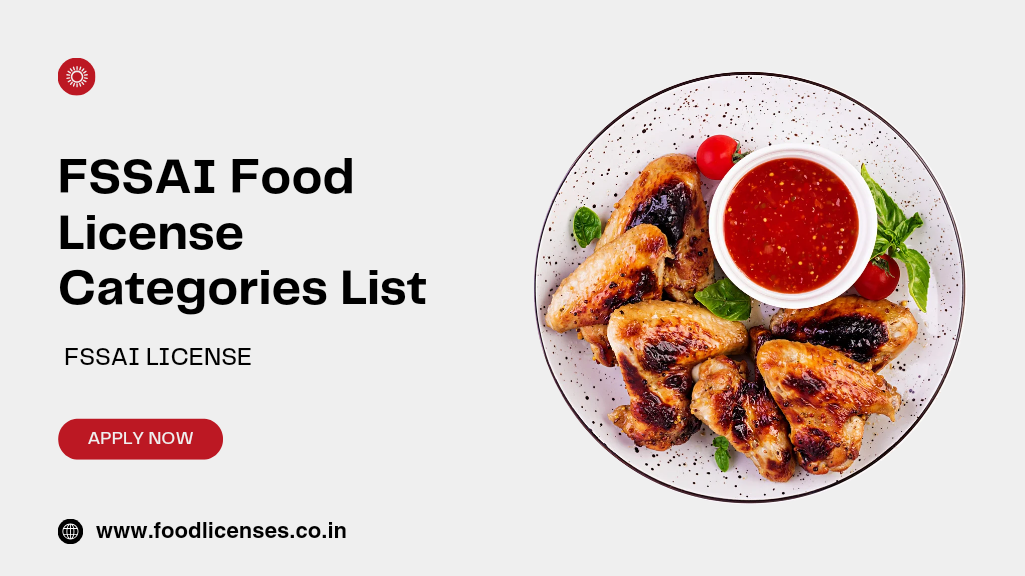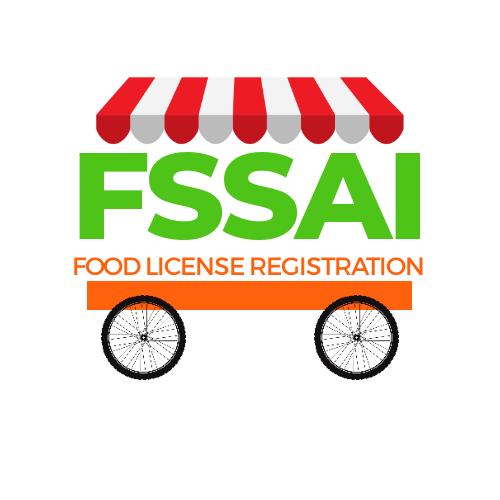Decoding FSSAI Food License Categories: A Comprehensive Guide
Introduction
Navigating the world of food business requires understanding the Food Safety and Standards Authority of India (FSSAI) license categories. This detailed guide provides insights, FAQs, and essential information about the various FSSAI food license categories.

1. Understanding FSSAI and its Significance
The FSSAI is an authoritative body that ensures the safety and quality of food products in India. Obtaining an FSSAI license is mandatory for all food businesses, ranging from small-scale operations to large manufacturers.
2. Different FSSAI License Categories
2.1 FSSAI Basic Registration (Form A)
- Eligibility: Small food businesses, petty retailers, and hawkers.
- Annual Turnover Limit: Up to ₹12 lakhs.
- Validity: 1 to 5 years.
2.2 FSSAI State License (Form B)
- Eligibility: Medium-sized businesses operating within a single state.
- Annual Turnover Limit: Between ₹12 lakhs and ₹20 crores.
- Validity: 1 to 5 years.
2.3 FSSAI Central License (Form B)
- Eligibility: Large-scale businesses operating in multiple states.
- Annual Turnover Limit: Exceeding ₹20 crores.
- Validity: 1 to 5 years.
3. FAQs about FSSAI Food License Categories
FAQ 1: Who needs an FSSAI license?
All food businesses, including manufacturers, traders, distributors, retailers, and importers, need an FSSAI license to operate legally in India.
FAQ 2: What is the difference between FSSAI basic registration and state/central license?
The distinction lies in the scale of the business. Basic registration is for small businesses, while state/central licenses are for medium and large-scale operations, respectively.
FAQ 3: How long does it take to obtain an FSSAI license?
The duration varies, but it typically takes 30 to 60 days from the date of application submission.
FAQ 4: Can I apply for a central license if my business operates in multiple states?
Yes, businesses with operations in multiple states must obtain a central FSSAI license.
FAQ 5: What documents are required for FSSAI license application?
Common documents include identity and address proof, food safety management plan, NOC from the local municipality, and proof of business premises.
FAQ 6: Is it necessary for small-scale vendors to get an FSSAI license?
Yes, even small-scale vendors need at least basic FSSAI registration to ensure compliance with food safety standards.
FAQ 7: Can I upgrade my basic registration to a state or central license?
Yes, businesses with increasing turnovers can upgrade their licenses to comply with the appropriate category.
FAQ 8: What happens if a business operates without an FSSAI license?
Operating without an FSSAI license is illegal and can lead to penalties, fines, and even closure of the business.
FAQ 9: Do caterers need an FSSAI license?
Yes, catering businesses must obtain the relevant FSSAI license based on their turnover and scale of operations.
FAQ 10: Can I operate with an expired FSSAI license?
Operating with an expired license is against the law. It’s crucial to renew the license before it expires to avoid legal consequences.
4. Tips for Successful FSSAI Compliance
Tip 1: Keep Documentation Updated
Regularly update and maintain all necessary documents required for FSSAI compliance, ensuring a smooth renewal process.
Tip 2: Adhere to Food Safety Standards
Strictly adhere to food safety standards outlined by FSSAI to maintain the quality and safety of your food products.
Tip 3: Display License prominently
Display your FSSAI license at a prominent place within your business premises to build trust among customers.
Tip 4: Train Staff on Food Safety
Ensure that your staff is well-trained in food safety practices to maintain hygiene and prevent contamination.
Tip 5: Monitor Product Labels
Regularly check and update product labels to comply with FSSAI regulations, including accurate information about ingredients and nutritional content.
Tip 6: Conduct Regular Audits
Conduct internal audits to ensure ongoing compliance with FSSAI standards, identifying and rectifying any deviations promptly.
Tip 7: Stay Informed about Regulatory Changes
Keep abreast of any changes in FSSAI regulations to adapt your business practices accordingly and avoid non-compliance issues.
Tip 8: Seek Professional Assistance
If navigating FSSAI regulations seems daunting, consider seeking professional assistance to ensure accurate and timely compliance.
Tip 9: Invest in Quality Control
Implement robust quality control measures to consistently deliver safe and high-quality food products to consumers.
Tip 10: Foster a Culture of Compliance
Instill a culture of compliance within your organization, emphasizing the importance of adhering to FSSAI standards among all staff members.
5. Conclusion
Understanding and complying with FSSAI food license categories is crucial for the success and legality of any food business in India. This guide, enriched with FAQs and compliance tips, serves as a comprehensive resource to navigate the complexities of FSSAI regulations, ensuring your business thrives within the bounds of food safety and standards.

